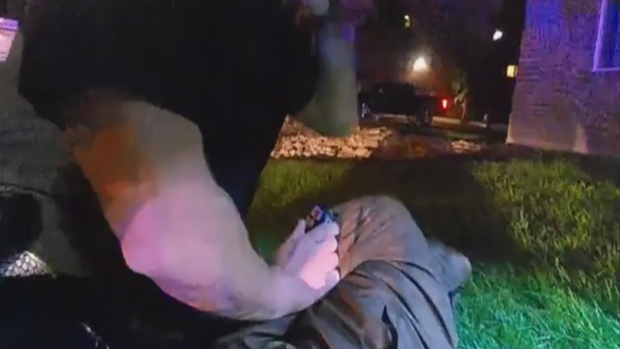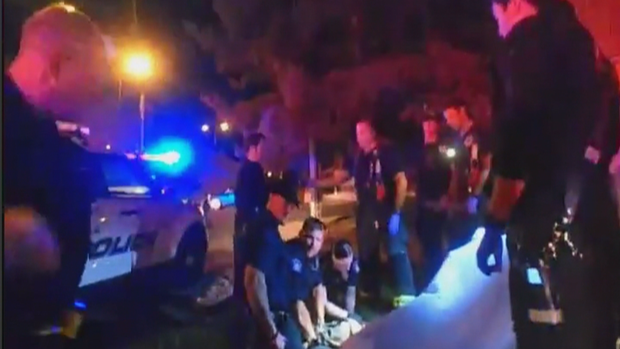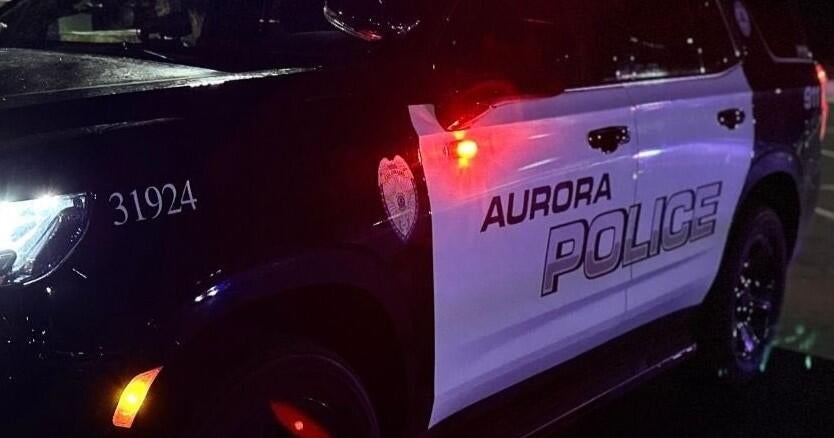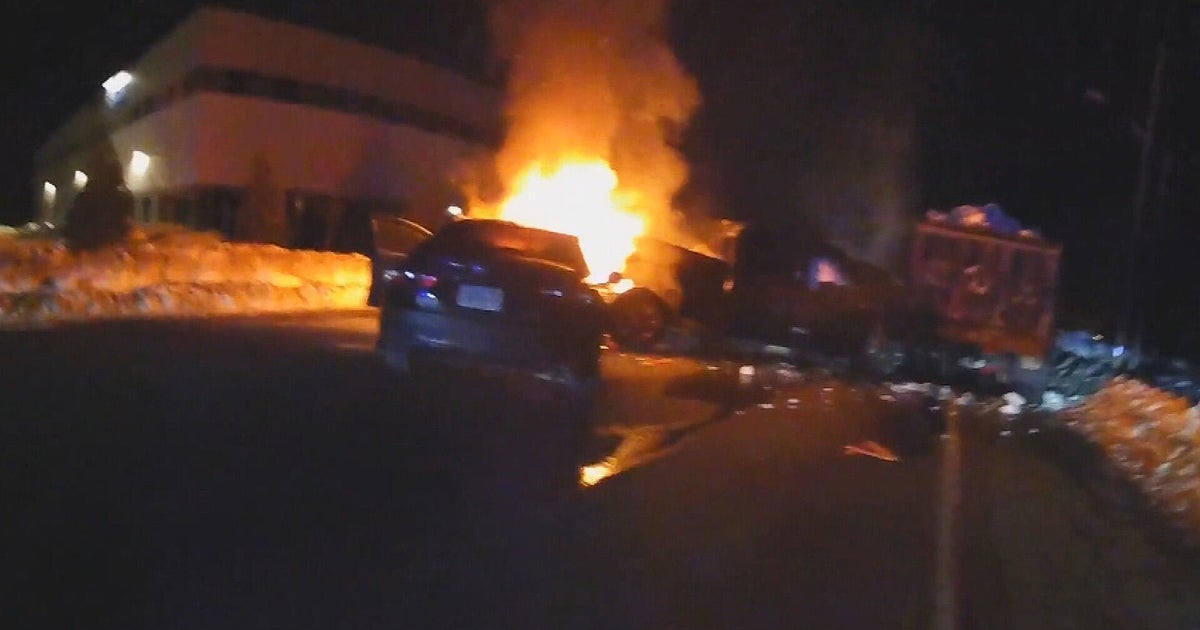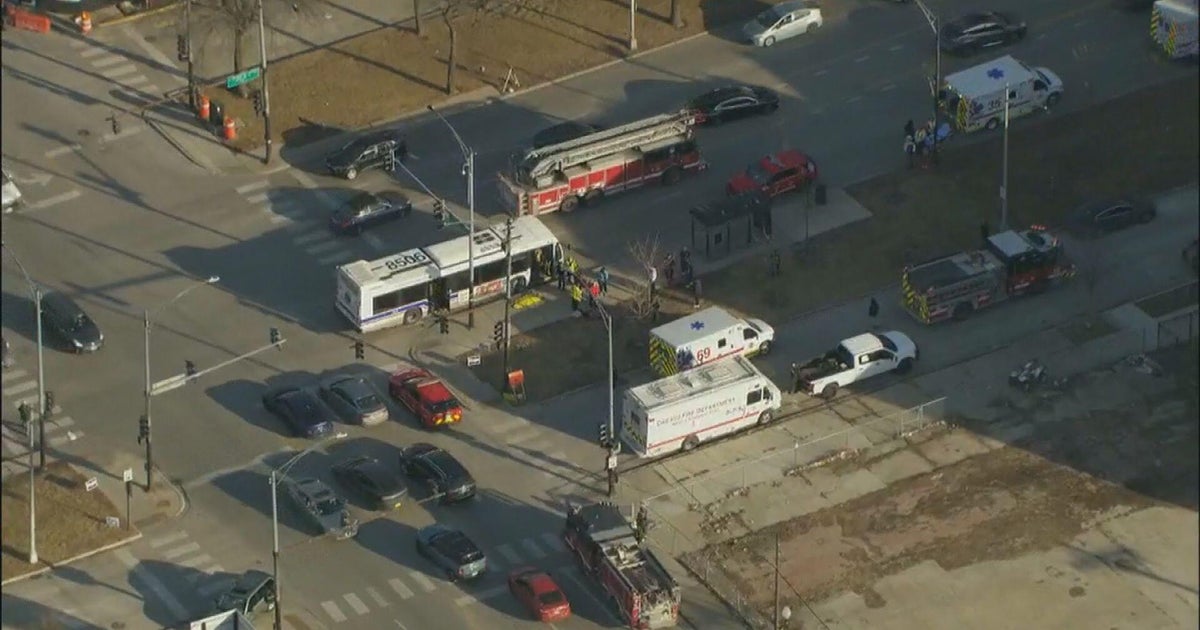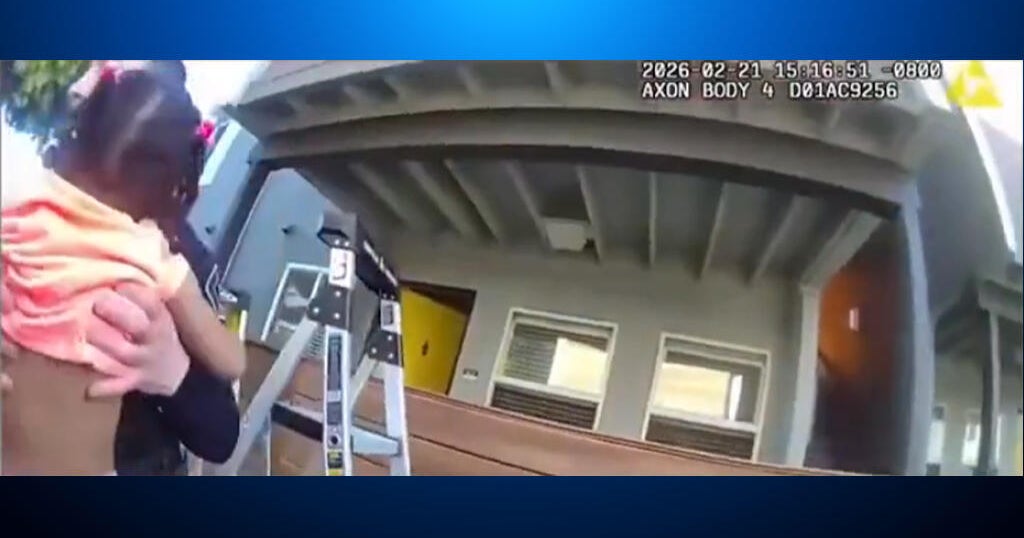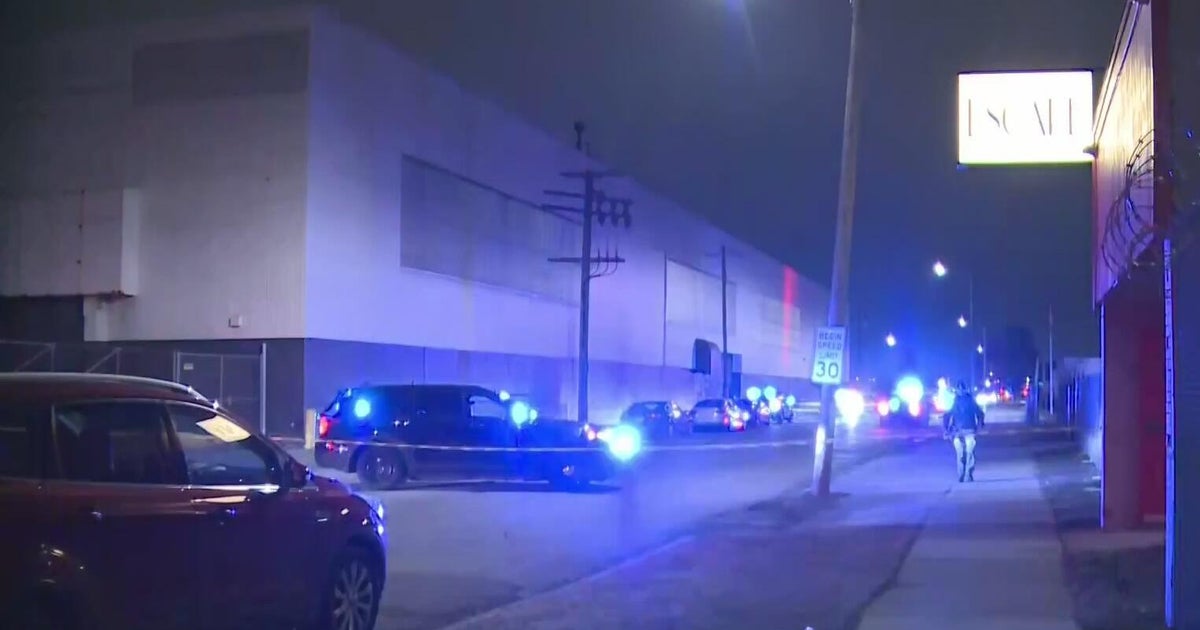Ketamine Dose For Elijah McClain 'Too Much,' Says Anesthesiologist
AURORA, Colo. (CBS4) - Multiple anesthesiologists are questioning the amount of Ketamine, a widely employed sedative, used on Elijah McClain just before he stopped breathing last August, with one doctor saying it was, "Too much, twice too much."
The popular sedative was injected into McClain by a member of Aurora Fire Rescue the night of Aug. 24, 2019, after McClain, 23, was stopped by Aurora police officers. Officers said McClain showed signs of "excited delirium," a syndrome which can feature aggressive behavior, unexpected strength, violence, stamina and sweating.
Ketamine, which is used in association with anesthesia, is commonly used by first responders on individuals exhibiting excited delirium symptoms.
But Dr. Ebony Jade Hilton, an anesthesiologist at the University of Virginia, told CBS4 the 500 mg dose used on McClain was far too much.
"In this instance, I don't see the necessity of using a potent agent at that high of a dose," said Hilton, who is a double-board certified anesthesiologist.
She said she has often used Ketamine as anesthesia for surgeries and called it "fantastic" when used correctly. But she said, "Never have I ever used 500 mg of Ketamine to do so. For sedation level, 250 mg is on the high end and he got twice that in one shot."
UPDATE: Aurora Police Officers And Medics Charged In Death Of Elijah McClain
McClain, who was handcuffed when he received the injection, stopped breathing shortly after the shot and had no pulse. He was pronounced dead three days later. In his autopsy report, a forensic pathologist said the level of Ketamine in McClain's system fell within the "therapeutic level." While there was no evidence of a Ketamine overdose, the pathologist said he could not exclude the possibility McClain suffered from an unexpected reaction to the drug. The autopsy did not determine a precise manner or cause of death saying both were "undetermined."
Hilton reviewed police body cam video of the incident and said with such a high dose of Ketamine, Aurora first responders needed to be on high alert for an adverse reaction and be prepared for respiratory problems. She said when she reviewed videotape, she did not see anyone closely monitoring McClain's breathing after the injection and that heart and respiratory monitors should have been fastened to McClain prior to the injection.
"Something is not right," said Hilton.
But in multiple statements, Aurora Fire Rescue administrators have said Ketamine "had been properly administered" and "the actions of the responders were consistent and aligned with established protocols." A spokesperson for AFR would not consent to an on-camera interview, referring CBS4 to written statements.
In a briefing to Aurora City Council in March, Dr. Daniel Willner, Associate Medical Director for Aurora Fire Rescue said, "After the patient receives Ketamine they are put on oxygen and heart monitors as soon as feasible."
Based on his weight, McClain should have received roughly 320mg to 350mg of Ketamine according to medical guidelines. Aurora Fire Rescue personnel later said they overestimated the young man's weight and gave him a dose that would have been appropriate for a 220 pound man. McClain weighed 140 lbs.
"This appears to have been an anesthetic misadventure," observed Dr. Gary Ogin, a retired anesthesiologist in Colorado. "The dose would have reliably produced sedation compatible with general anesthesia. At that dose, respiratory arrest would be anticipated."
Ogin said he believes first responders failed to realize the impact Ketamine had on McClain and failed to then take decisive action to reverse what had occurred. He said if they had helped McClain breathe following the dose, "I would have expected him to start spontaneous breathing after some time."
Mari Newman, an attorney representing the family of Elijah McClain, has called the dosing decisions "shockingly wrong." The family intends to file a lawsuit over McClain's death.
Aurora Fire Rescue said it has been using Ketamine since 2018 as have 93 hospitals in Colorado.
